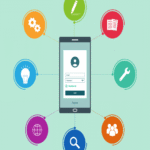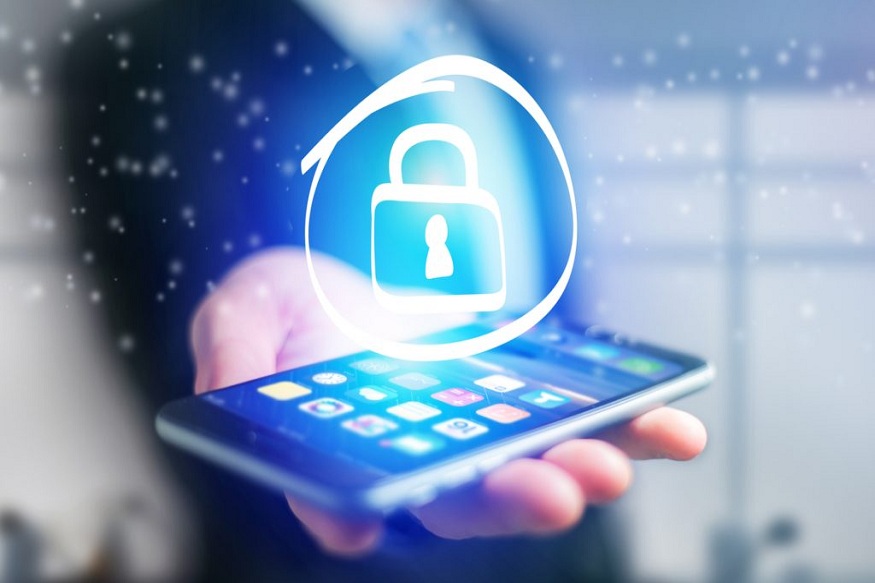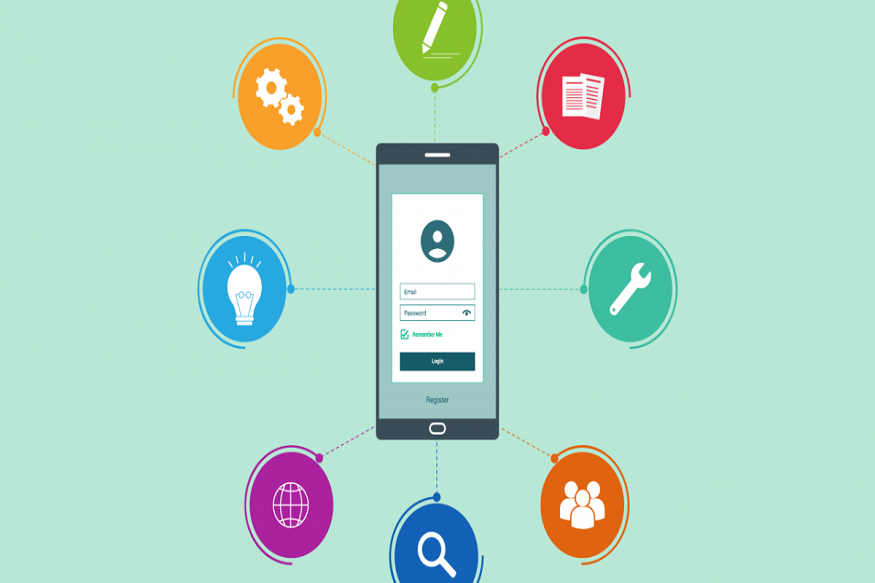Mobile apps have become indispensable in our daily lives. They allow us to access all the services and information we need directly on our smartphones: shopping online, communicating, playing games, getting information, managing our finances, and monitoring our health. But they can also pose a security risk to our personal and financial information. To help you protect your data, here are 10 tips and best practices to follow when choosing and using a mobile app
1. Download your mobile apps from trusted sources
These app stores are particularly vigilant about protecting your personal and financial data. Avoid downloading apps from unknown or unsafe platforms and websites, as this can increase the risk of downloading a malicious app.
2. Check the required permissions requested by the app publisher
Apps often request permission to access certain types of information on your phone. Before granting access to this sometimes sensitive information, make sure that the permission requests are justified by the app’s functionality . Granting unnecessary permissions can increase the risk of privacy violations. For example, mobile apps from banks and payment institutions such as PayTrip will ask for certain permissions when you sign up to verify your identity.
3. Update apps regularly
Make sure to update your apps regularly to ensure they are protected against the latest security threats. For example, at PayTrip, our apps are updated very regularly to ensure the complete security of your financial data.
4. Use a strong password
To protect your user account and the app itself, use a strong password. Avoid obvious passwords, such as your name or date of birth. Instead, use combinations of numbers, letters, and special characters to make the password harder to guess. If the website publisher doesn’t require a strong password, double-check their reputation and privacy policy before downloading their app.
5. Avoid unsecured public Wi-Fi connections
When using a mobile app to conduct financial transactions, it is advisable to avoid unsecured public Wi-Fi connections. These connections can be used by hackers to intercept your personal and financial information. Instead, use secure connections such as VPN networks or your carrier’s mobile data .
6. Check your accounts and financial transactions regularly
Even if you follow all the best security practices for mobile applications, regularly check your accounts and financial transactions. If you notice any suspicious or fraudulent activity, report it immediately to your bank or the application publisher. This is why it is absolutely essential to check the responsiveness and quality of customer service of the applications you use, particularly in the financial sector . Regarding PayTrip , we have chosen to offer a telephone customer service based in France and able to respond immediately to your requests.
7. Avoid entering your sensitive information in public
When using a mobile app, avoid entering sensitive information such as your bank details or social security number in public. For example, if you are on a bus, train, or on a restaurant terrace, we recommend that you do not display or enter this type of information on your smartphone . Also, limit access to this information in your smartphone settings to prevent other apps from accessing it. If you must enter sensitive information, make sure you do so in a safe and private environment.
8. Be careful with ads in apps
Ads in apps may sometimes seem legitimate, but some may be scams trying to get your personal information. Avoid clicking on unknown or suspicious ads in apps , as they may redirect to fraudulent websites. If an ad seems suspicious, immediately report it to the app publisher or download platform. These types of malicious ads are usually found on gaming apps, but some apps also serve ads.
9. Set up alerts and notifications on your financial accounts
Set up alerts and notifications for your accounts, such as SMS alerts or push notifications related to transactions or password changes. These alerts can help you quickly identify any suspicious activity on your account and respond quickly in the event of a security breach.
These 10 tips and best practices will definitely help you better protect your personal and financial data when using your smartphone, especially the mobile apps you download.










